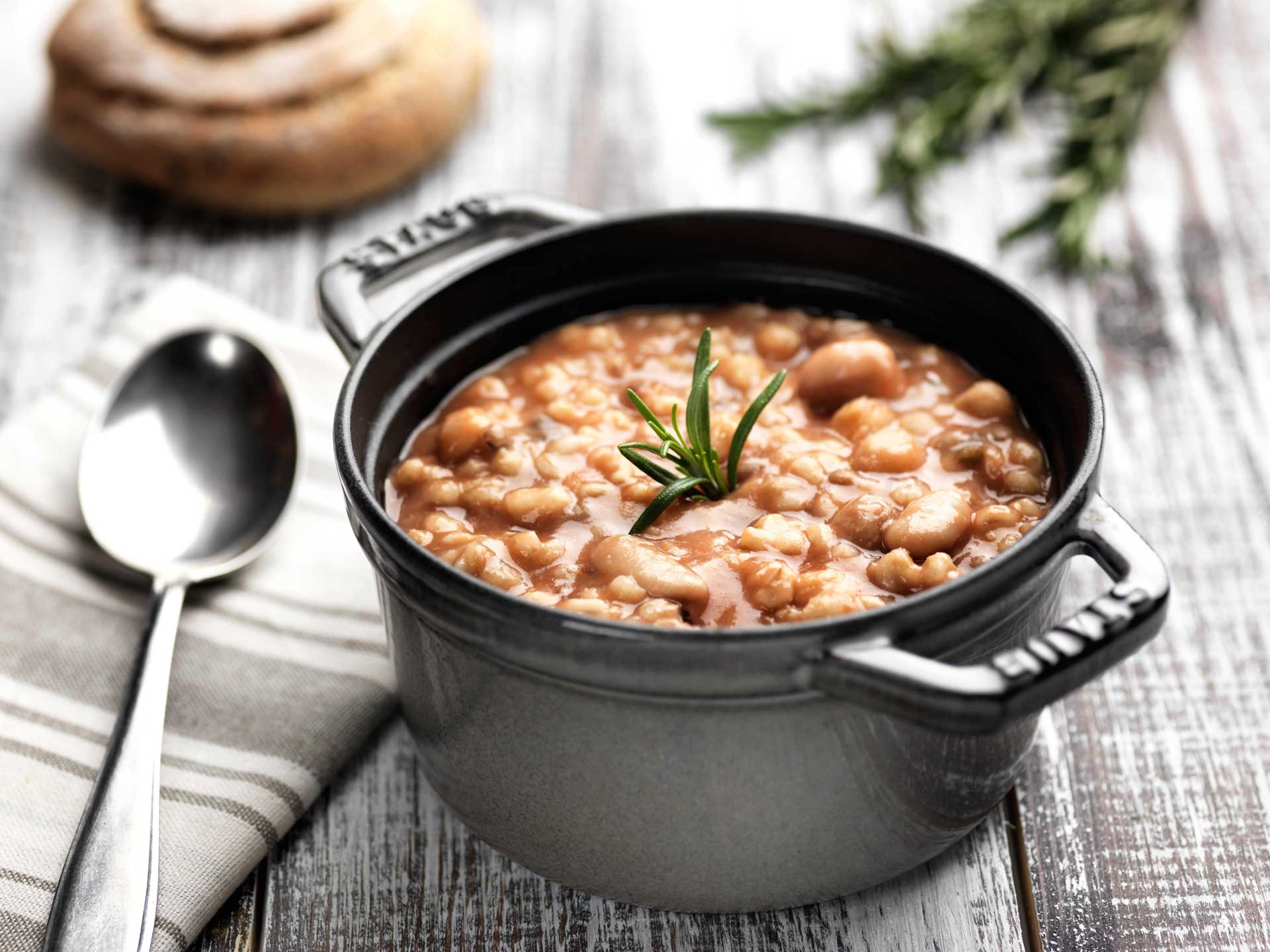
Menopause and Nutrition
The term menopause literally refers to a woman's last menstrual cycle, but in reality, menopause is considered effective when menstruation has been absent for 12 consecutive months.
The onset age of menopause can vary between 45 and 55 years (unless there are early manifestations due to genetic or secondary factors).
But even the period leading up to the cessation of menstruation, known as perimenopause, is a delicate and complex time. During this phase, which can last for months or years, various symptoms may occur, some of which can be severe and bothersome: changes in menstrual duration and flow, hot flashes, night sweats, irregular sleep, and insomnia, mood swings. It's all because of estrogen!
In practice, the production of female hormones (estrogens) naturally decreases after a period of fertility lasting about three decades: thus, one enters another phase of life in which the body (and mind) must find new balances.
The physiological reduction of these important hormones can also cause other less evident but more dangerous issues such as osteoporosis, hypercholesterolemia, and dyslipidemia.
Therefore, it is advisable to take preventive measures in the years leading up to menopause by adopting a healthy lifestyle. As one ages, especially in women, there is a slowing down of basal metabolism and therefore of daily calorie consumption, so extra care must be taken!
Here are some good rules, applicable at any age in women, but especially important to follow in the 4-5 years leading up to the age of 50:
- Follow a healthy and varied diet that includes all food groups.
- Maintain your weight within the normal range by checking the scale at least every 15 days.
- Lose weight (body fat) if necessary, preferably with the support of a specialist (avoid punitive and stressful "do-it-yourself" methods).
- Engage in regular physical activity; avoid sedentary behavior.
- Undergo regular medical check-ups (gynecological, breast exams), monitor blood chemistry values (cholesterol, triglycerides, blood sugar), and vitamin D levels at least once a year.
- Consult your doctor if unusual symptoms appear (insomnia, sweating, headaches).
A menopausal woman's diet is not much different from a balanced and healthy diet in other stages of life, but it's useful not to overlook some important aspects:
- It is advisable to consume 5 meals a day, including 2 low-fat and low-sugar snacks.
- Consume seasonal vegetables in quantity (1 serving cooked and 1 serving raw); at least 2 servings of fruit per day.
- Avoid saturated fats (fatty meats, full-fat cheeses), and prefer extra virgin olive oil.
- Consume fish rich in vitamin D.
- To prevent osteoporosis, regularly consume foods rich in calcium and magnesium (nuts, arugula, legumes, soy; not just milk and dairy!).
- Drink 2 liters of water (rich in minerals, with a higher fixed residue); drastically reduce table salt (be cautious with preserved foods like deli meats and ready-made meals).
- Do not exceed with coffee and limit alcohol consumption to occasional occasions.
Dr. Concetta Mauriello






